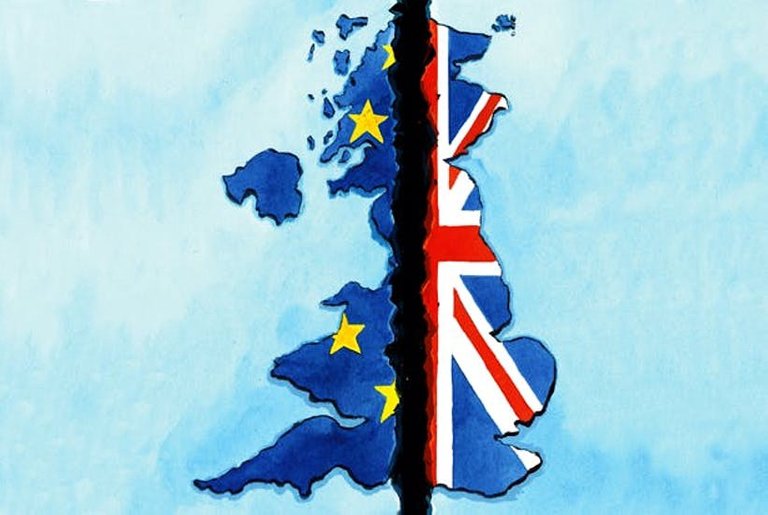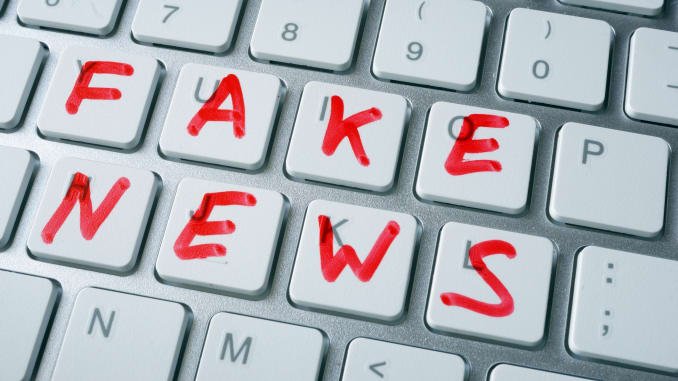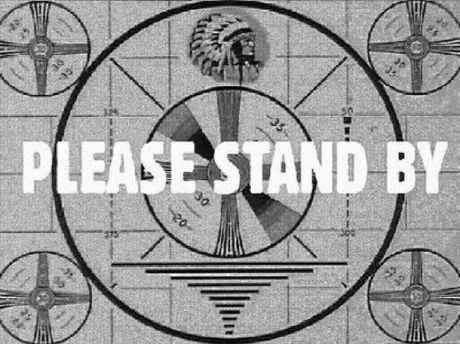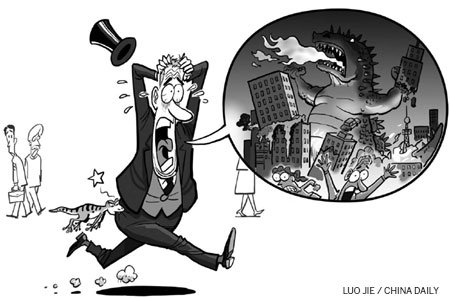Suffering from Polarisation?
Are you feeling the ill effects of a negative political culture? Is it frustrating talking to family about political issues? Have people around you stopped thinking for themselves? If so, then you may well be suffering from polarisation. With the holiday season fast approaching, so does the time for being with family. This can unfortunately bring with it tensions arising from different political views. There has always been some polarisation in society, but can there be any doubt we are now living in an increasingly polarised society?

Twenty One Pilots
In my own country of residence, the UK, we are currently having our first December election in about a century. Brexit has split the nation. In the US President Trump himself is a highly divisive politician. Throughout Europe, political parties are failing to reach consensus or form cohesive governments. Indeed, similar trends are unfolding wherever you look in the world. The middle ground, so cherished by middle-of-the-roaders, is vanishing.
There have been a number of reasons put forward for this polarisation. An article in Spanish newspaper El Pais, for example, focuses on political polarisation conceiving it as a disease of the body politic. Stating that the "political auto-immune disease" has its root cause in the polarisation of society. It goes onto say the "disease" is spreading and contagious. Whilst economic factors are briefly cited as some of the causes the article goes on to discuss how the media is helping to encourage it. After all, limited twitter characters created for viral punch hardly promote thoughtful debate. This is without even touching on the role of fake news and highly sophisticated propaganda.
This political polarisation, occurring as it is, globally, can only be understood within the context of the ongoing global economic crisis. Political and social polarisation are intricately linked. They both stem from the growing social/economic inequality, as fuelled by the 2008 financial crash. Government policies "to save the system" include direct bail outs, money printing (QE), asset purchases and the coup de grace austerity measures. In short, and amply demonstrated, the rich have got richer the poor poorer. Since 2008 the wealth of the richest 1% has been growing at an average of 6% a year .
Taking as an example the UK. In the UK, for example, wages are lower than they were in 2008. Meanwhile studies have shown that in the UK the vote to leave the EU was largely driven by low income households.
Polarisation is being felt at local level. In discussions with friends and family. In the desire to not discuss issues as they have become prickly subjects due to polarised opinion. This can be immensely frustrating and undermines the cohesiveness of families. Those who believe this is just about one off social topics are completely missing the point. There are those who believe when Trump's out of office, or when the UK leaves the EU for example, that normal service will once again resume.
However, we are not living in normal times. Don't believe me? Then refer to Moody's rating agency which has just downgraded the entire planet. Yep, the entire planet. Going to the heart of things, politicians are in a quandary and are proving unable to provide meaningful solutions to bring about that much desired "progress". Instead, societies are at a low ebb of trust in many key institutions - politics, media, universities, scientists. In the ongoing crisis, which is likely to be of some duration, a fundamental factor will be people's increasing uncertainties about their future.
In a world of such uncertainty and the fear that can be generated as a result, the power of a shared (even tribal) identity is reinforced. This is especially true for people who have been marginalised, even demonised, in our society. This then puts further pressure on the individual to conform to group think. Polarisation leads to groups both segregating themselves whilst demonising the "other". Meanwhile, this is not only taking place within our societies, stressing their cohesiveness, but with global tensions rising the world is polarising too.
Those who like being in the middle of the road are generally life's compromisers. Not given to overly strong opinions or shouting to be heard, and are unsettled by the crisis around them. Those who look to smooth the edges and try to heal the divisions of society will find themselves unfortunately between a rock and a hard place. As a young teenager off to my first dinner party I was offered the following advice; don't talk about politics, religion, or money. I, characteristically, brought up all three as I see them as some of the most interesting topics around. Still for holiday harmony maybe the best thing to do is focus on finding commonality with the people around us.





.jpg)

Yes, this is going on with me.
Thanks for reading. I sympathise xx